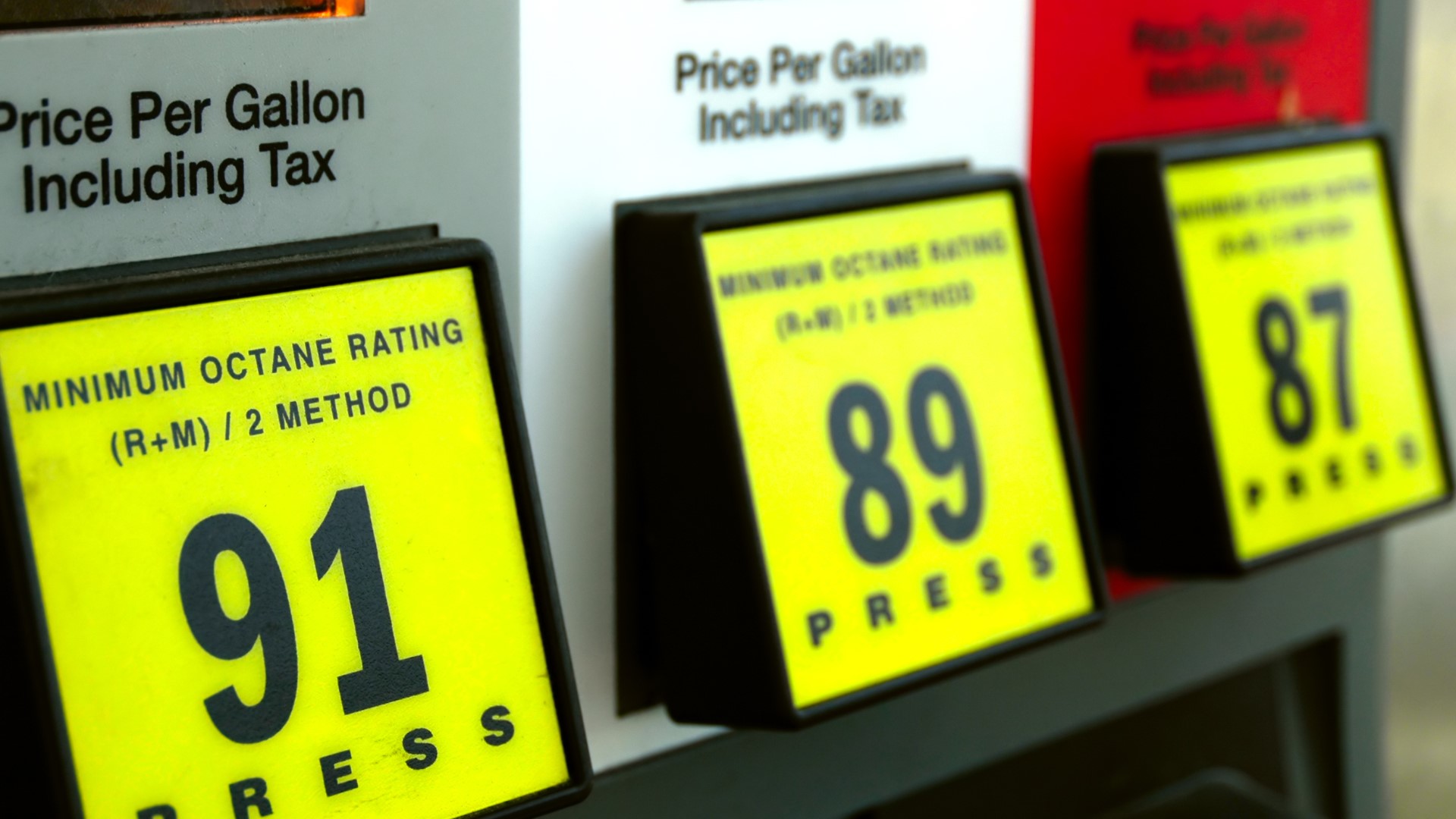ATLANTA — Russia's invasion of Ukraine is already producing worldwide ripple effects, including in the global oil markets in which Russia is a major player.
According to expert Patrick De Haan of GasBuddy, those impacts are also quickly reaching American drivers at the gas pump.
He told 11Alive's Dalia Perez Thursday morning that after Russia had begun the attack on Ukraine, oil prices were up 8% and wholesale gas prices were up about 16 cents a gallon.
That was on top of the steadily rising prices over the last few weeks that were already partly a result of the building concerns that Russia would take the step of invading its neighbor.
The immediate jump following the invasion, he said, "is basically telling us that retail gas prices are going to start going up more noticeably."
"So, motorists should be expecting a more noticeable increase to play out over the next one or two weeks," he explained.
On Twitter, De Haan noted current spikes suggest we could soon see a national average of $3.75/gallon.
De Haan also said an 18 cents-per-gallon jump in RBOB gasoline - a refined byproduct of crude oil that is used to make reformulated gas, used in many parts of the U.S. - could start to result in higher gas station prices as soon as tonight.
Why does Russia's actions in Ukraine have such an impact on gas prices?
Russia is a significant global gas supplier - the second largest, in fact.
De Haan said that Russian production accounts for about 10% of global gas supply, what he called "certainly a massive number."
"The risk is that Russia could potentially limit oil exports. If they stop exporting oil, then as the second largest oil producer, that would certainly not be a good thing," he said.
The GasBuddy expert added that the international response to Russia's aggression - including financial pressure - could also drive the country to try to retaliate through their influence on the oil markets.
"The risk is that if the U.S. issues harsh sanctions, if other countries issue harsh sanctions, that Russia could essentially feel like it's backed into a corner, and it could use that to inflict tremendous damage on the global economy," De Haan said.

